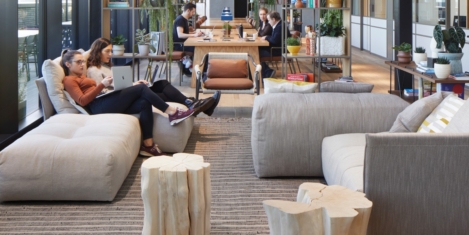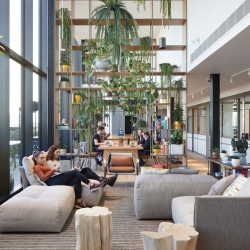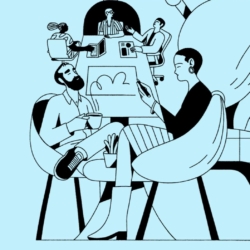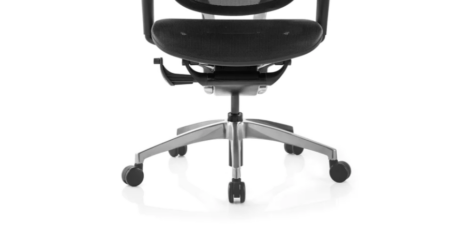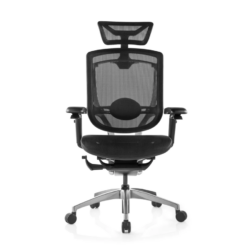To provide the best experiences, we use technologies like cookies to store and/or access device information. Consenting to these technologies will allow us to process data such as browsing behaviour or unique IDs on this site. Not consenting or withdrawing consent, may adversely affect certain features and functions.
The technical storage or access is strictly necessary for the legitimate purpose of enabling the use of a specific service explicitly requested by the subscriber or user, or for the sole purpose of carrying out the transmission of a communication over an electronic communications network.
The technical storage or access is necessary for the legitimate purpose of storing preferences that are not requested by the subscriber or user.
The technical storage or access that is used exclusively for statistical purposes.
The technical storage or access that is used exclusively for anonymous statistical purposes. Without a subpoena, voluntary compliance on the part of your Internet Service Provider, or additional records from a third party, information stored or retrieved for this purpose alone cannot usually be used to identify you.
The technical storage or access is required to create user profiles to send advertising, or to track the user on a website or across several websites for similar marketing purposes.
 The UK’s ‘deskless’ workers feel considerably less valued at work than their desk-based colleagues. Just 43 per cent of UK deskless workers admit to feeling seen, valued and appreciated compared to 61 per cent of desk-based corporate employees. These are the findings from O.C. Tanner’s 2024 Global Culture Report which have been released to coincide with Employee Appreciation Day (1 March 2024). More →
The UK’s ‘deskless’ workers feel considerably less valued at work than their desk-based colleagues. Just 43 per cent of UK deskless workers admit to feeling seen, valued and appreciated compared to 61 per cent of desk-based corporate employees. These are the findings from O.C. Tanner’s 2024 Global Culture Report which have been released to coincide with Employee Appreciation Day (1 March 2024). More →









